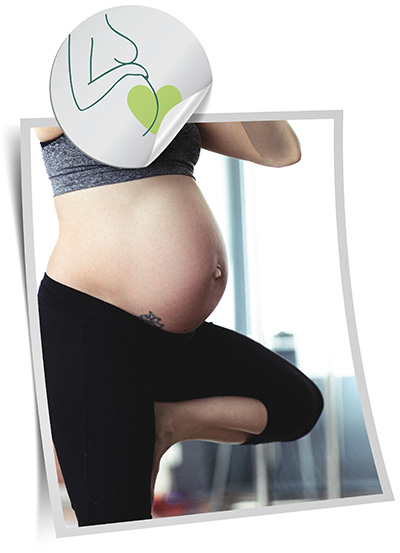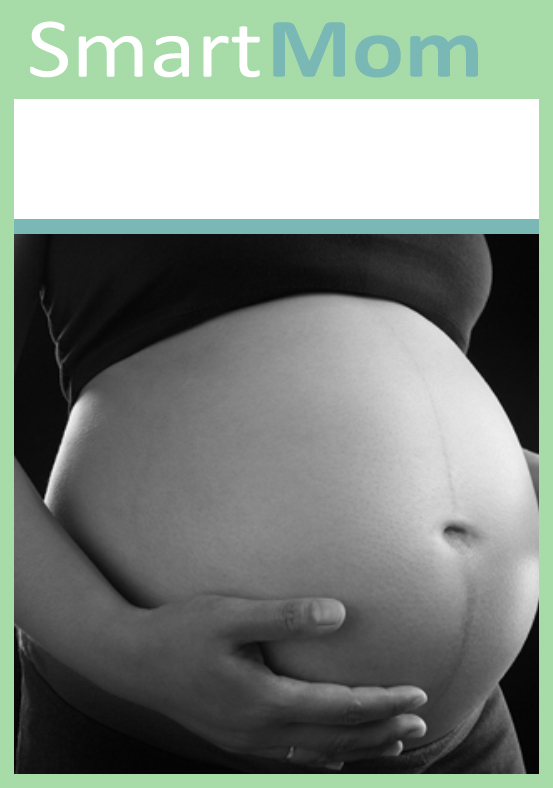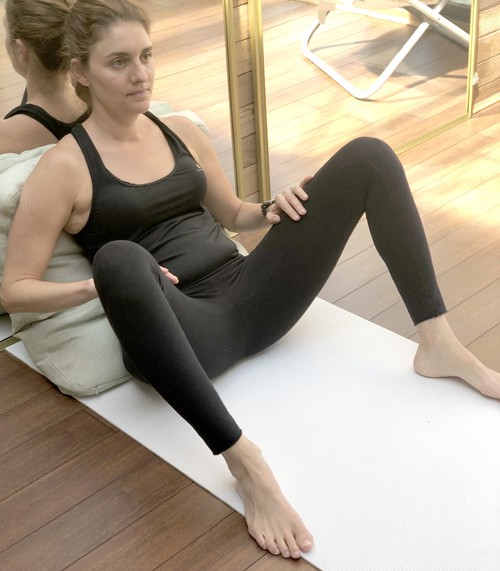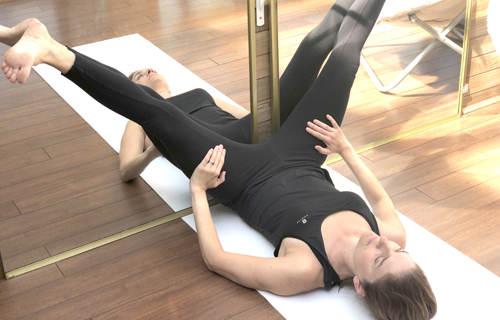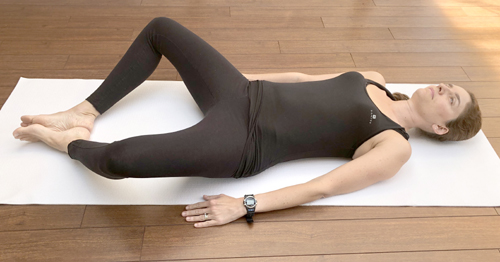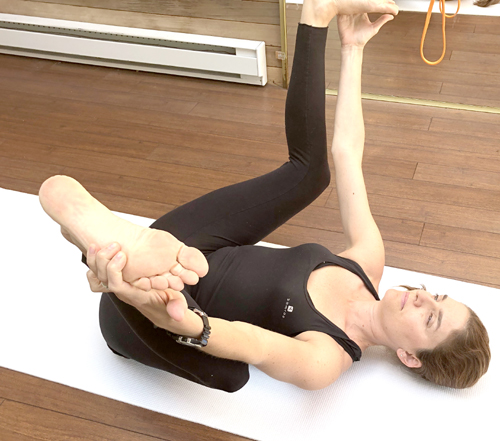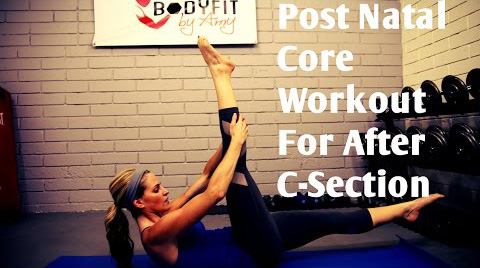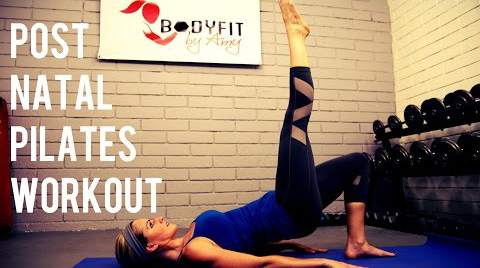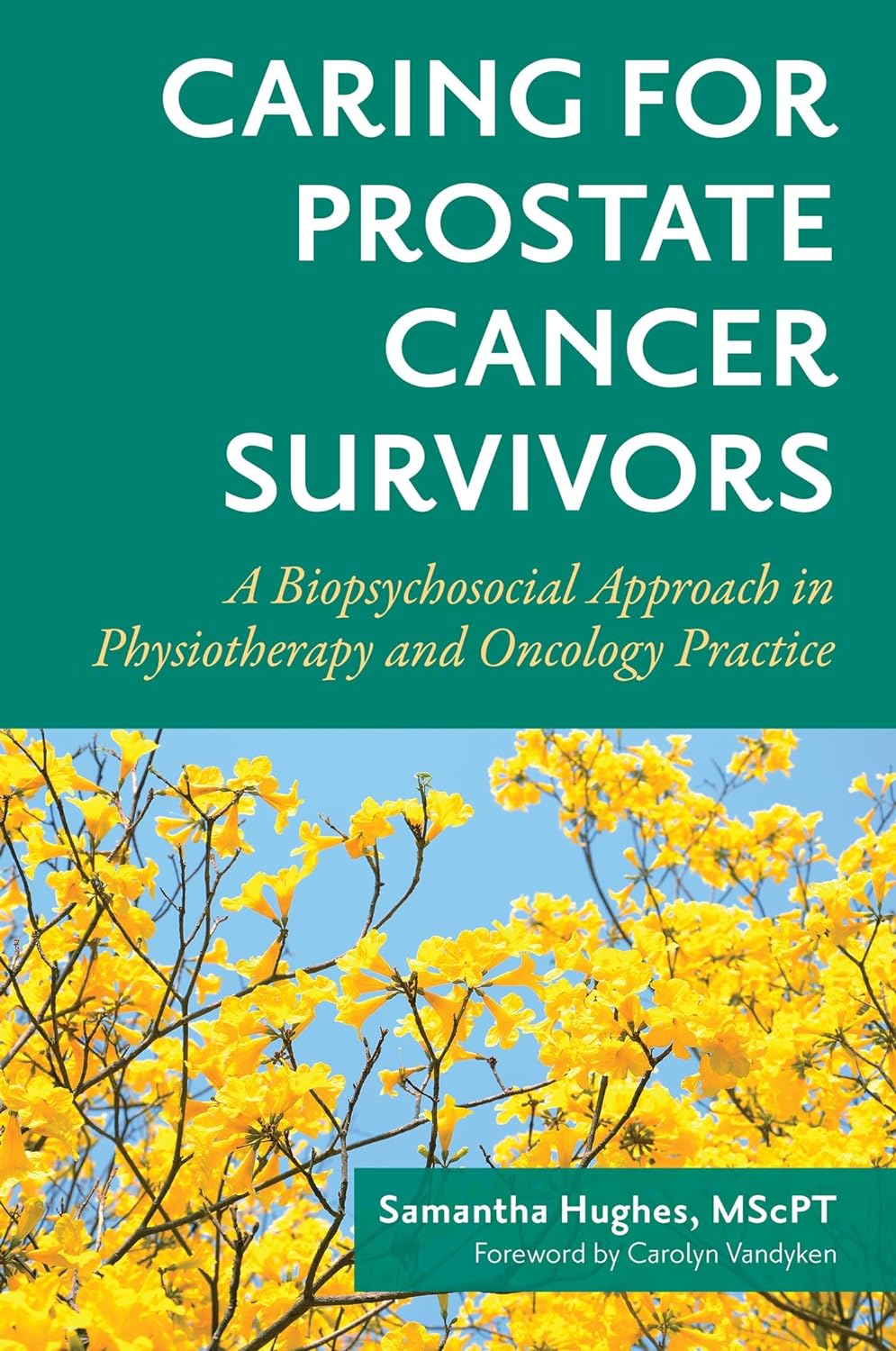Virtual Pregnancy & Postpartum Physiotherapy
Pregnancy and postpartum care are essential for the long-term health of both mother and baby. Staying active, managing symptoms, and preparing the body for birth and recovery are key elements—and yes, it’s all possible through virtual care.
Virtual pregnancy and postpartum physiotherapy can help keep you mobile, pain-free, and confident—no matter where you are. Whether you're preparing for delivery or navigating your recovery, I’m here to support you with evidence-based, personalized care—all from the comfort and privacy of your home.
How Virtual Care Can Help During Pregnancy
Your body undergoes incredible changes to support your growing baby. While many people feel well during pregnancy, others may experience discomfort such as:
-
Pelvic, hip, or lower back pain
-
Bladder symptoms (urgency, frequency, leakage)
-
Constipation or bowel changes
-
Sleep disturbances or mobility issues
In our virtual sessions, we focus on practical, gentle solutions, including:
-
Movement and posture strategies
-
Safe exercise modifications
-
Pelvic floor muscle training
-
Perineal massage guidance
-
Breathing and relaxation techniques
-
Birthing positions and labor preparation
You’ll be guided through each step via video call, with space to ask questions, express concerns, and receive individualized support.
Collaborative Virtual Support
I also collaborate with a network of trusted perinatal providers—including naturopathic doctors and pregnancy-focused acupuncturists—who may be able to support your journey virtually or in your area.
Pregnancy and Intimacy
If you are having a healthy pregnancy and have no risk factors for pre-term labor (such as high blood pressure or multiple gestation), intimacy is safe and can be a natural part of pregnancy.
Some people even notice an increase in libido due to hormonal shifts. While sex does not increase the risk of miscarriage, physical and emotional comfort matter—so as your body changes, we can also explore ways to support a safe and enjoyable experience.
Pregancy App for BC Residents
|
|
Postpartum Recovery—Yes, Even Virtually
The first year after delivery is a critical window for pelvic health recovery. Hormones, ligaments, and tissues continue to shift, especially for lactating mothers, making it an ideal time to address any symptoms that arose during pregnancy or birth.
Virtual postpartum physiotherapy focuses on:
-
Core and pelvic floor recovery
-
Safe return to physical activity
-
Support for bladder and bowel concerns
-
Managing pelvic organ prolapse symptoms
-
Addressing diastasis recti
-
Pain with sex or vaginal sensitivity
-
Education and emotional support
All assessments and guidance are tailored to what’s possible and appropriate in virtual care. When needed, I’ll help you with self-assessment tools and techniques that empower you to better understand your body and progress.
When to Book a Virtual Postpartum Appointment:
Anytime you feel you could benefit from guidance, support, or answers—whether you're weeks, months, or even years postpartum.
You don’t need to wait for a specific timeline or have a referral. Book a virtual appointment if you are experiencing:
-
Urinary incontinence, urgency, or frequency
-
Pelvic heaviness or signs of prolapse
-
Pain with intimacy or vaginal sensitivity
-
Abdominal separation (diastasis recti)
-
Low back, hip, or pelvic pain
-
Bowel changes or discomfort
-
A desire to return to activity safely and confidently
-
Or simply want to feel more connected and strong in your body
